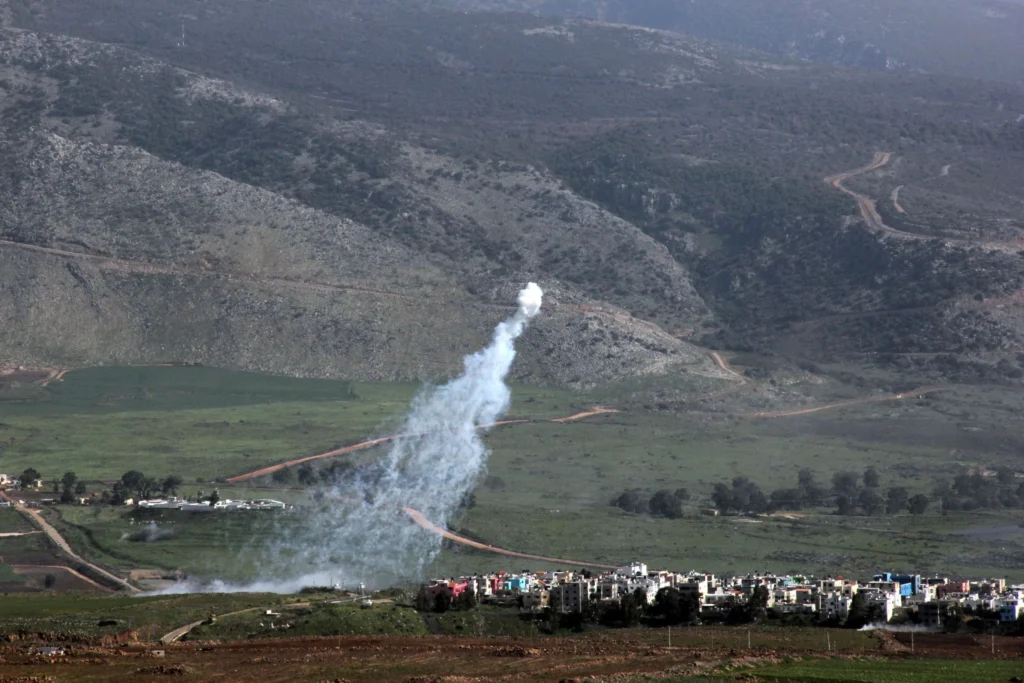The conflict between Israel and Hezbollah escalated significantly this past week, leaving over 25 people dead in Lebanon on Friday alone. Israeli Prime Minister Benjamin Netanyahu stated that discussions on U.S.-led ceasefire proposals would continue in the coming days, but airstrikes and cross-border fire raged on, leading to heightened concerns of a wider regional war.
Lebanon’s health minister, Firass Abiad, confirmed that Israeli airstrikes killed at least 25 people on Friday, including nine members of a family, four of whom were children, in the border town of Shebaa. Since Monday, more than 700 people have been killed in Lebanon as Israeli forces targeted Hezbollah strongholds and civilian areas. Among the wounded was 13-year-old Syrian refugee Abdallah Tawfik Al-Hamid, who survived an airstrike that killed a young boy next to him.
Hezbollah retaliated with rocket fire into northern Israel, hitting Kiryat Ata and Tiberias, in what the group described as a response to Israeli attacks on Lebanese villages and civilians. Though Israeli air defenses intercepted many of the rockets, the conflict has displaced tens of thousands and disrupted life in northern Israel. The Israeli military also reported intercepting four unmanned aircraft crossing from Lebanon into Israeli maritime territory.
The fighting, the fiercest between Israel and Hezbollah in more than 18 years, coincides with the broader regional conflict triggered by Israel’s war with Hamas in Gaza. Demonstrating the widening reach of the conflict, Israeli airstrikes in Syria killed five Syrian soldiers on Friday, part of Israel’s ongoing effort to curb Iranian and Hezbollah influence in the region.
Amid the growing violence, international efforts to negotiate a ceasefire continue. The United States and France proposed an immediate 21-day truce along the Israeli-Lebanese border, with discussions ongoing at the United Nations. Netanyahu confirmed that Israeli teams met on Thursday to discuss the U.S. ceasefire initiative and will continue talks in the coming days. However, Israel’s foreign minister, Israel Katz, rejected the ceasefire calls, stating that Israel’s military operations would continue.
Hezbollah, which began its attacks on Israel on October 8 in solidarity with Gaza, has declared that it will not cease fire until Israel halts its Gaza offensive. The ongoing conflict has displaced over 90,000 people in Lebanon this week alone, adding to the more than 111,000 already displaced. The United Nations also reported that 30,000 people have crossed from Lebanon into Syria, with 80% being Syrian refugees who had fled to Lebanon during Syria’s civil war.
U.S. Secretary of State Antony Blinken urged restraint, warning that further escalation would make it harder for civilians on both sides to return home. With casualties mounting and the risk of a broader regional conflict growing, the international community remains deeply concerned about the future of stability in the region.



